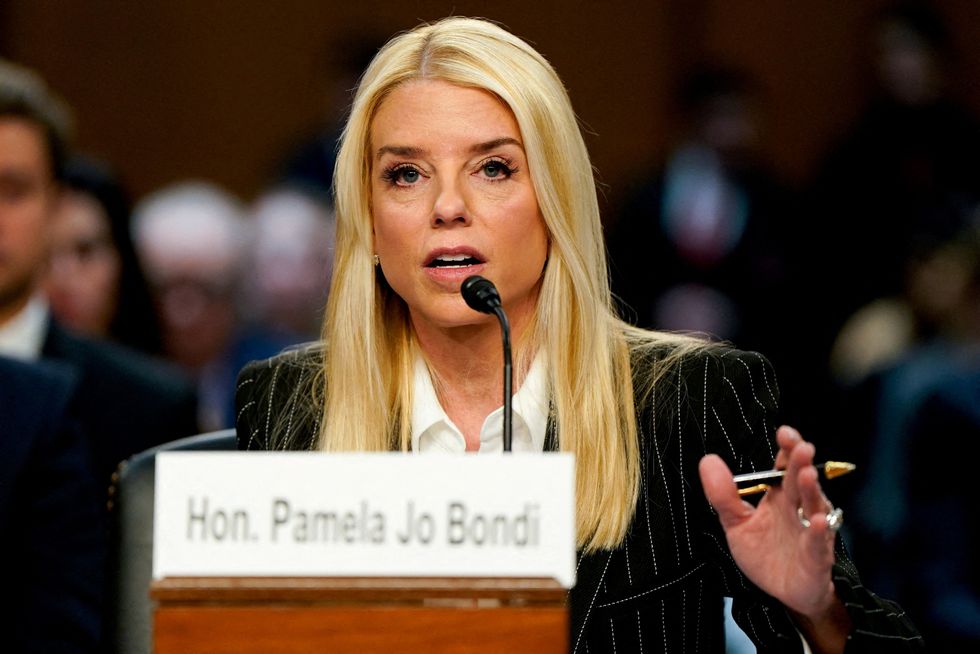
Australia is poised to implement significant changes to its telecommunications sector following a catastrophic failure by Optus, which led to the inability to connect 624 emergency calls last week. This incident has been linked to the deaths of four individuals, raising serious concerns about the reliability of emergency services in the country.
The incident occurred when Optus, Australia’s second-largest telecommunications provider, experienced a “technical failure” that affected calls to emergency services, known in Australia as “0-0-0.” The consequences were dire, with fatalities reported in multiple states, including Western Australia and South Australia. The affected regions included Perth, where a 74-year-old man and a 49-year-old man died, and Adelaide, where a 68-year-old woman and an 8-week-old boy lost their lives.
In response to the incident, Communications Minister Anika Wells announced an investigation by the Australian Communications and Media Authority, the industry regulator. “Optus and all telecommunications providers have obligations under Australian law to ensure emergency service calls go through,” Wells stated. She emphasized that there would be repercussions for Optus and the industry as a whole, indicating that the company would be held accountable for the failure.
Stephen Rue, the chief executive of Optus, expressed remorse over the tragic incident. “I want to reiterate how sorry I am about the very sad loss of the lives of four people, who could not reach emergency services in their time of need,” Rue said in a statement. He noted that preliminary investigations suggest that established procedures were not properly followed.
This incident is not the first of its kind for Optus. The company faced a fine of over AUD 12 million (approximately USD 8 million) following another network outage on November 8, 2023, which similarly resulted in failures to connect emergency calls. Additionally, Telstra, Australia’s largest telecom provider, was fined AUD 3 million (around USD 2 million) in December 2022 for non-compliance with emergency call regulations.
The implications of this failure extend beyond immediate accountability. Prime Minister Anthony Albanese indicated that he expects Optus to consider significant leadership changes, including the potential replacement of Rue. “There will be a thorough investigation of this. Quite clearly, Optus’ behavior is completely unacceptable. We have made that very clear,” Albanese told the Australian Broadcasting Corporation from New York City, where he is attending the United Nations General Assembly.
The fallout from this failure highlights critical vulnerabilities in Australia’s telecommunications infrastructure and raises pressing questions about the effectiveness of emergency response systems. As the investigation unfolds, it is evident that substantial reforms will be necessary to restore public confidence in the country’s ability to handle emergency situations effectively.






